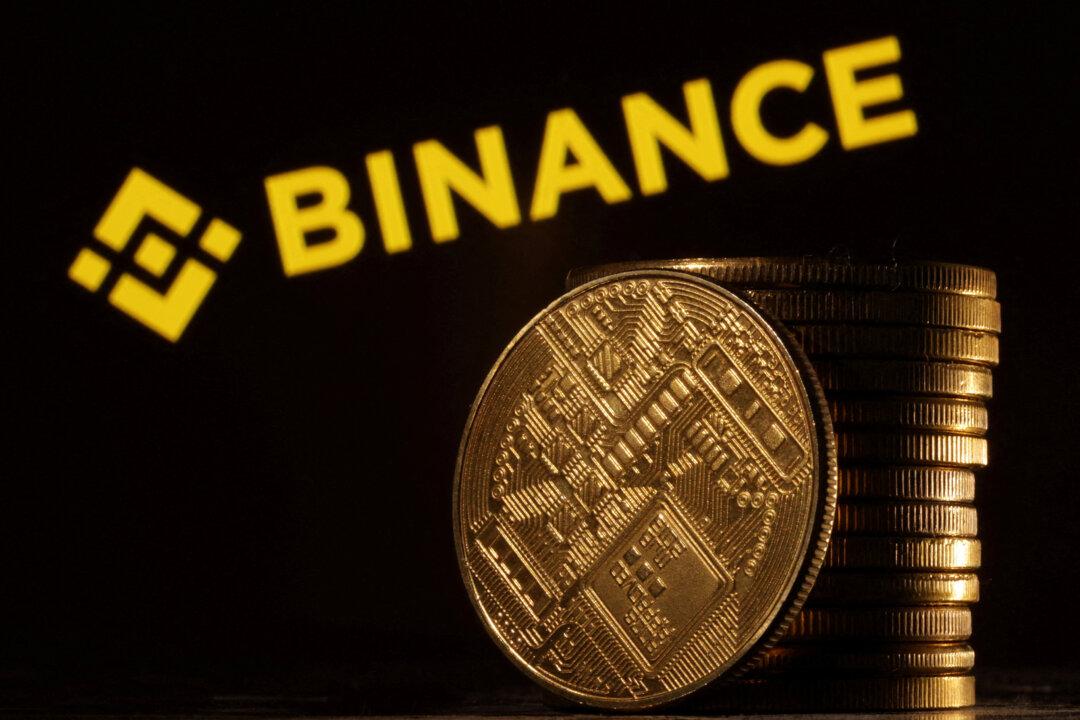Binance said that the Securities and Exchange Commission’s (SEC) move to freeze the assets of its American affiliate, Binance.US, would effectively destroy the crypto exchange.

Binance logo in an illustration taken on March 31, 2023. Dado Ruvic/Reuters/Illustration




